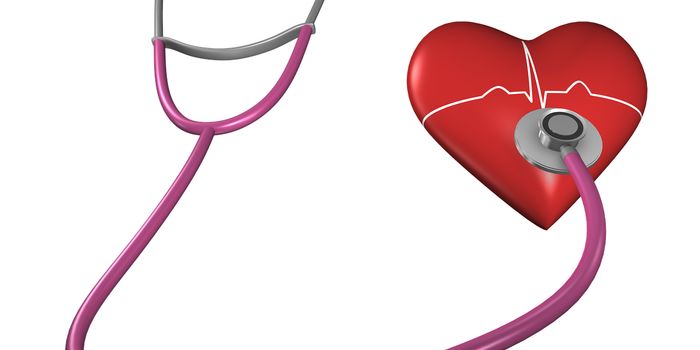What's Behind the Massive Measles Outbreak in Europe?
Measles is a disease that many believe was eradicated years ago. That's true, to a point, but like a bad penny, it's back.
In the United States, the CDC records show there were 60 cases of measles reported across sixteen different states in the first third of 2018. As of August 11, 2018, that number rose to 22 states (including the District of Columbia) and 124 individual cases. See the CDC report here. The trend normally slows down during warmer months but could go up again in the winter when people spend more time indoors in close contact with others.
In the European Union, it's a different story. In the first six months of 2018, there have been 41,000 cases of measles in the EU and 37 deaths. That is almost double the number of infections from 2017 when there were 23,927 cases. In 2015 the figure was only 5,273. The unprecedented rise in cases is thought to be due to lower rates of vaccination. The World Health Organization is urging countries in the EU to do more to prevent the spread of the disease. Dr. Zsuzsanna Jakab, from the WHO, told the BBC, "Every new person affected by measles in Europe reminds us that unvaccinated children and adults, regardless of where they live, remain at risk of catching the disease and spreading it to others who may not be able to get vaccinated. This short-term setback cannot deter us from our commitment to be the generation that frees our children from these diseases once and for all."
While many think the measles is simply a childhood illness that is not dangerous, the fact is that it can cause complications like blindness, brain damage and even death. Symptoms include fever, joint pain, watery eyes, conjunctivitis, grey spots in the mouth, and an itchy rash that spreads over the body.
Lower rates of vaccines are the likely cause of the uptick in cases; however, the reasons for those lower rates are less well-defined. In Italy, the upper house of parliament has abolished the law that requires all children to be fully immunized before entering school. Before politicians acted, parents of children in Italy could face steep fines if they did not vaccinate their children. In other parts of the EU, there are shortages of vaccines. The MMR vaccine can prevent measles entirely, provided patients are up to date on boosters, however many do not trust the safety of vaccines, and others do not keep current on the boosters and wind up unprotected when they are older. Most of the cases are happening to older teenagers and young adults who either were not vaccinated as children or have let their booster schedule lapse.
The countries with the largest number of infections are Serbia and the Ukraine, with cases far outnumbering the rest of Europe. While there was one study, published the journal The Lancet in 1998, that linked the MMR vaccine to autism, the journal retracted it. The author, Dr. Andrew Wakefield was stripped of his medical license and found to have "acted unethically" in selecting the patients for the study (only 12 children were in the cohort) and with "callous disregard" for the participants, subjecting them to invasive tests that were not necessary. While the work was utterly discredited, and dozens of studies were done after it that showed the safety of vaccines, the damage has been difficult to undo. Autism Spectrum Disorders (ASDs) typically become apparent right around the same time as the MMR vaccine is recommended and parents of children who have autism were desperate to understand why their children were regressing.
The video included has more information about the EU outbreak of measles. Check it out.
Sources: BBC, Centers For Disease Control and Prevention, New Scientist Canadian Medical Association Journal









